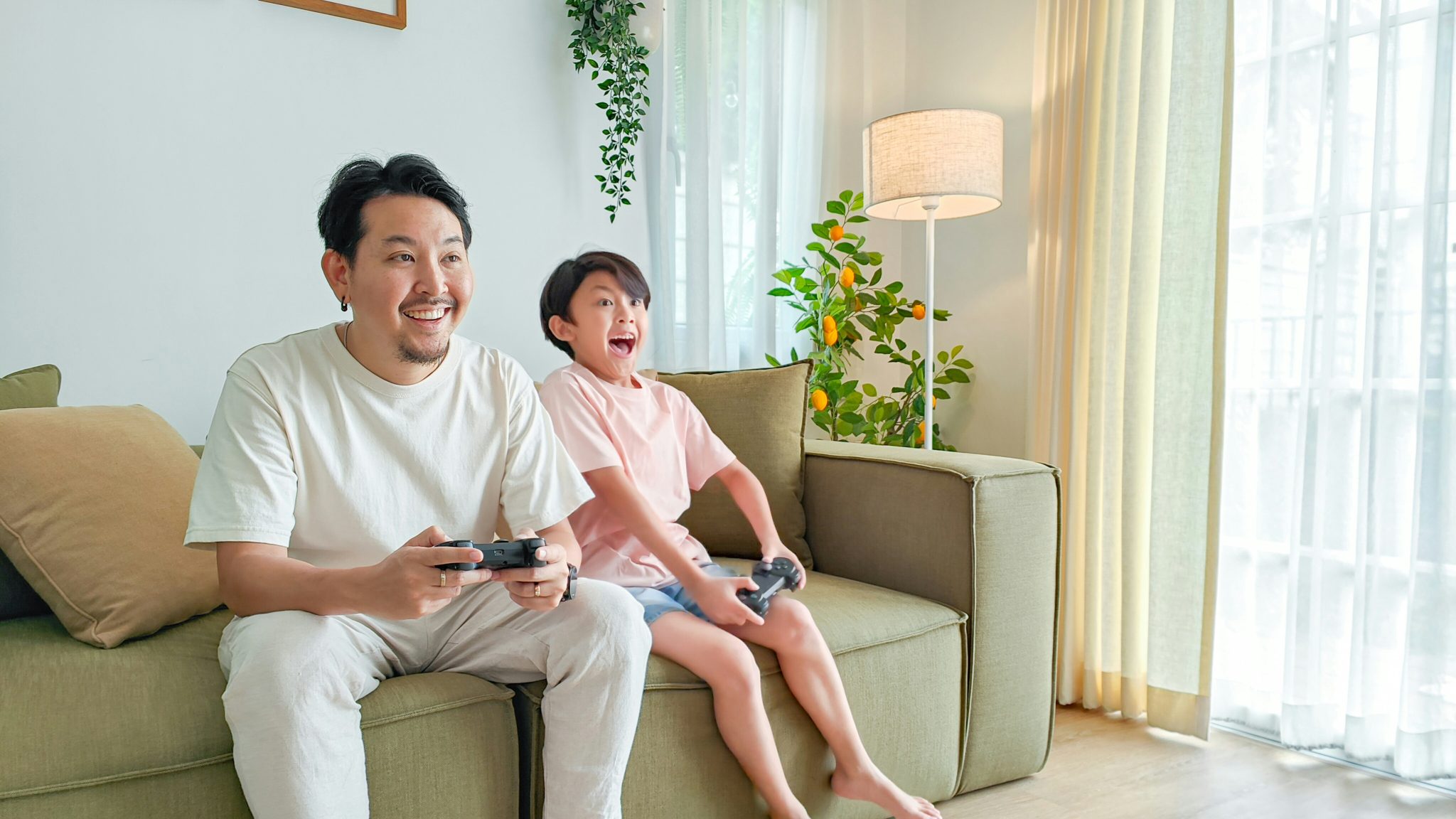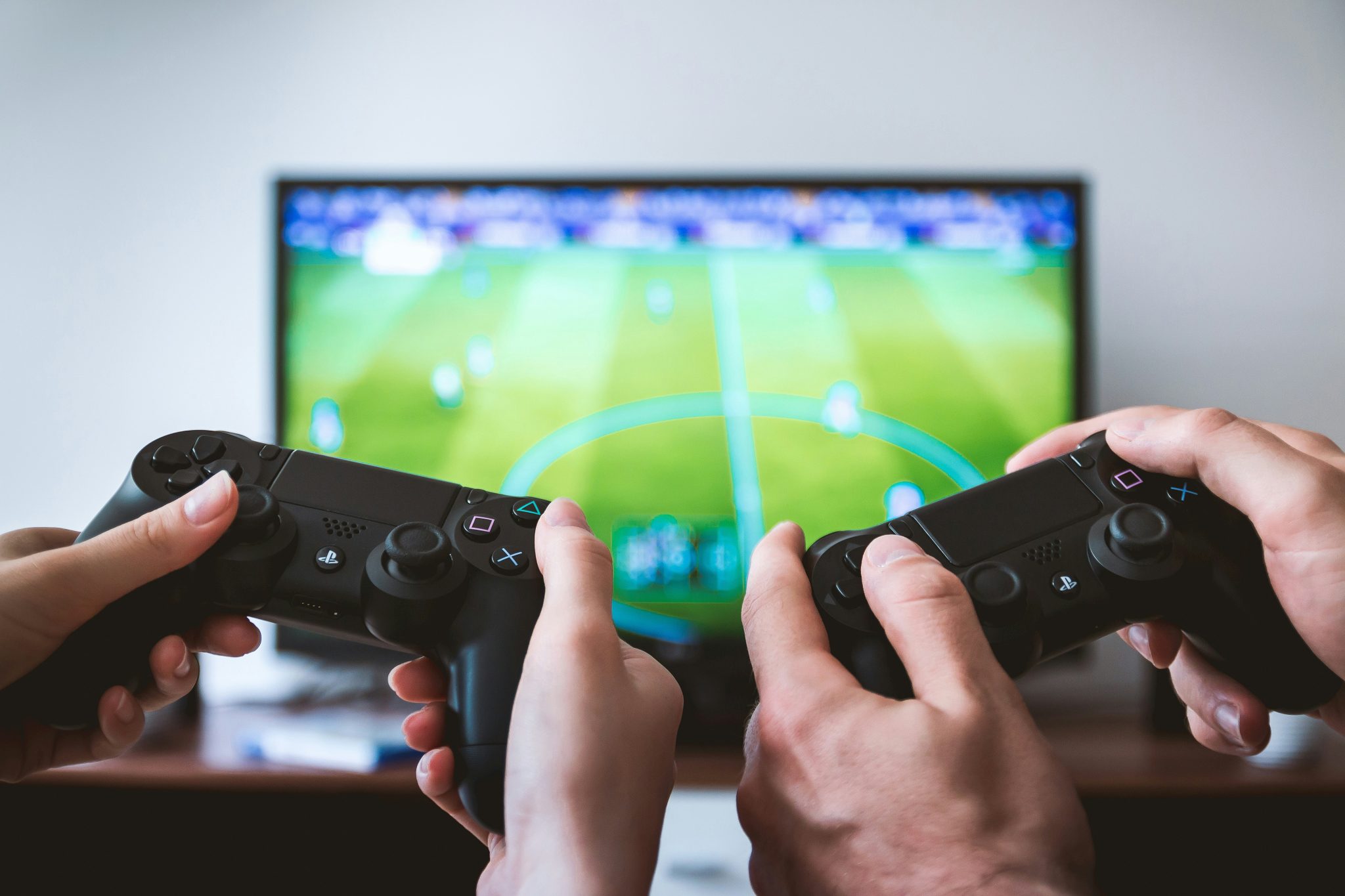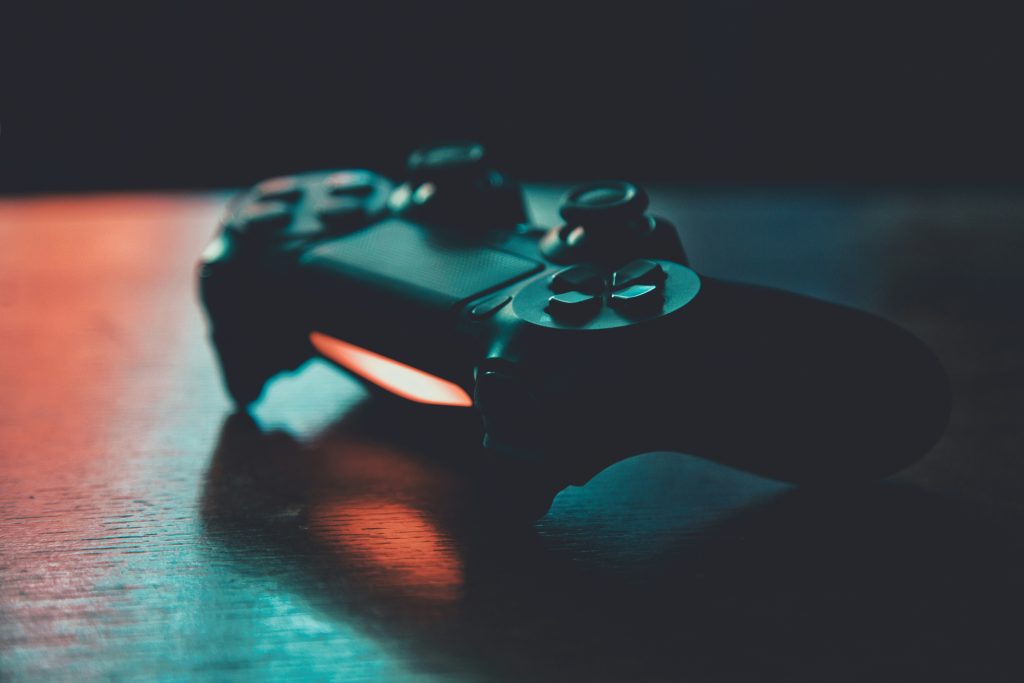Video games have come a long way since the days of clumsy graphics and bleepy sounds. Now, they’ve got epic stories, jaw-dropping visuals, online friends, and you can get lost in all that for hours.
For lots of people, gaming’s a go-to way to chill or take a mental break. And that’s totally fine, sometimes we all need to escape for a bit. Eventually, this is a legit entertainment with high-quality content.
But what if gaming stops being helpful? What if the thing that once made you feel better is actually making things worse? It’s a tricky topic, but one worth talking about. Gaming isn’t just “good” or “bad.” It can be both, depending on how you’re using it.
When Games Help

Let’s face it: games can be great for managing mental health. They provide your mind with a point of concentration, and simultaneously, it is not an actual issue from life that is causing you stress. They provide objectives, incentives, and a feeling of advancement. A few even assist in developing creativity or problem-solving abilities.
Online games can offer fantastic opportunities for maintaining connections, meeting new people, experiencing a sense of belonging, engaging in enjoyable teamwork, and joining a vast community. Online games can be a blessing for individuals who experience loneliness.
Many individuals claim that gaming aids them in managing anxiety, stress, or feelings of sadness. It provides them with a secure environment to unwind and feel empowered. Certain games are specifically designed to enhance your mood, such as Animal Crossing, Stardew Valley, or Celeste. Some people enjoy competitive games or games for real money, like this list with the best paying in Canada online games.
This is also supported by science. Research indicates that moderate video gaming may alleviate stress and enhance mood. It can assist you in relaxing and temporarily avoiding real-life stress, but “moderate” is the crucial term.
When It Starts Hurting Instead
There’s a fine line between gaming as a break and gaming as a way to avoid life. It’s easy to fall into that trap, especially when life feels overwhelming or heavy. Unfortunately, people find it hard to differentiate between these two conditions.
Here are a few signs gaming might be impacting your mental health:
- You’re skipping real-life stuff. Like work, school, meals, or even showering, just to keep playing.
- Other things don’t matter anymore. Hobbies, friends, fresh air, cooking, reading – everything becomes unimportant.
- You get super annoyed when interrupted. If someone asks you to stop playing, it ruins your mood.
- You’re gaming to numb out. Not just for fun, but to avoid feelings: stress, sadness, boredom, etc.
- You’re feeling worse after gaming, not better. More anxious, more down, more alone, even though you’re gaming more.
No one means to get hooked. It usually happens slowly. And because games make you feel good in the moment, it can be hard to see when they’re actually adding to your stress or sadness.
Why It’s So Easy to Get Hooked
Let’s be honest – games are made to keep you playing and make it hard to stop. Game devs know how to use psychology to make it all feel super rewarding. You level up, you unlock stuff, you get wins. There’s always one more mission, one more match, one more loot box.
Games also give you something real life doesn’t always offer: clear goals, fast rewards, and a sense of control. You know the rules. You get praise for doing stuff right. That’s comforting, especially if your real life feels kinda out of control. But if you’re already struggling mentally, that same comfort can turn into something more like a trap because gaming also feels so much easier than real life.
What To Do If Gaming Is Taking Over

If you’re reading this and thinking, “Yikes, this sounds like me,” take a breath. You’re not alone, and you’re not broken. You just might need to hit reset on your gaming habits.
Here’s what can help:
- Track your time. Just notice how much you’re playing. The numbers might surprise you, and if it takes too much time, you probably should reconsider.
- Set a timer. Pick a stop time before you start playing. It gives you a bit more control.
- Do one other thing today. Call a friend. Go outside. Watch a movie. Anything that isn’t gaming. Also, make sure you do at least one chore.
- Talk to someone. A friend, therapist, or support group, just say how you’re feeling.
- Take a short break. Try a few days without gaming and see how you feel. Doesn’t mean you quit forever, just check in with yourself if you are managing.
No Shame in This
This isn’t about blaming gamers or saying gaming’s “bad”. Games can be a huge part of a healthy, happy life, but they shouldn’t replace life.
If gaming supports your mental health, awesome. If you only use it in your free time to relax or spend time with friends, it is totally okay. But if it’s starting to make you feel worse or cut you off from the world, that’s worth noticing.
Mental health is complicated, and no one answer works for everyone. But here’s one truth: Avoiding feelings doesn’t heal them. Whether it’s through games, scrolling, binge-watching, or staying in bed, avoiding pain doesn’t make it go away. Facing it, slowly, and with help, actually works.





















